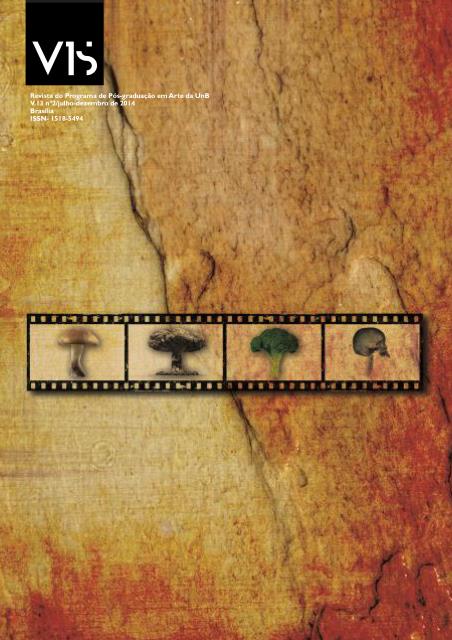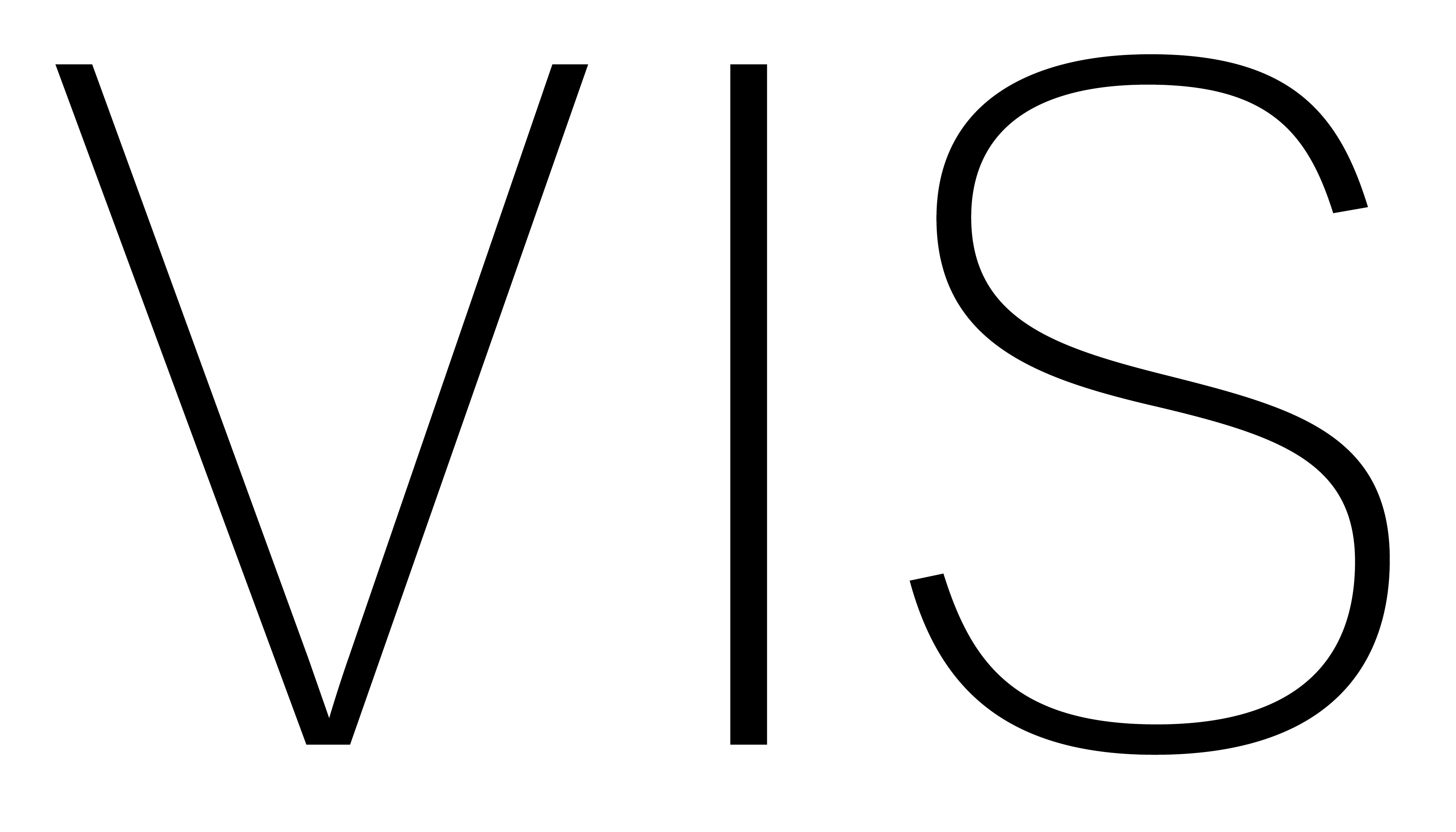Ligeti e seus antecedentes gregos n’ O grande Macabro
DOI :
https://doi.org/10.26512/vis.v13i2.14495Résumé
O ensaio almeja  oferecer alguns pontos de contato entre György Ligeti e Aristófanes. Pretendemos mostrar o uso de elementos formais da literatura (e da cultura grega), pontualmente o ἀγών de As  Nuvens na anti-anti-ópera Le Grand Macabre.Téléchargements
Références
ANÔNIMO. Bíblia. Tradução ecumênica. Gabriel Galache (direção). São Paulo: Edições Loyola, 1997.
ARISTOFANE. “Nuvole”. In: Le Commedie. Traduzione scenica, testo greco, appendice critica di Benedetto Marzullo. Roma: Grandi Tascabili Economici, 2003, p. 181-285.
BAKOLA, Emmanuela. Cratinus and the Art of Comedy. Oxford: University Press, 2010.
BEYEN, M. Roland. De La Balade du Grand Macabre de Ghelderode à l’opéra Le Grand Macabre de Ligeti. Le Bulletin de l’Académie royale de langue et de littérature françaises de Belgique. Tome LXXXVII, nºs 1-2-3-4, 2009, p. 105-119. http://www.arllfb.be/ebibliotheque/communications/beyen140309.pdf
CARTLEDGE, Paul. Aristophanes and his theatre of the absurd. Bristol: Classical Press, 1990.
DELB0NI, Maria Lúcia. A fábula no contexto de a Cantora Careca de Eugène Ionesco. Itinerários, Araraquara. vol. 12, 1998, p. 343-348http://seer.fclar.unesp.br/itinerarios/article/viewFile/3107/2849
EVERETT, Yay oi Uno. Signification of Parody and the Grotesque in György Ligeti 's Le Grand Macabre. Music Theory Spectrum, Vol . 31, No. 1 (Spring 2009), pp. 26-56.
HALLIWELL, Stephen. Le Rire Rituel et la Nature de l'Ancienne Comédie Attique. In: DESCLOS, Marie-Laurence (org.). Le rire des Grecs: Anthropologie du rire en Grèce ancienne. Grenoble: Jérôme Millon, 2000, p. 155-168.
___________. Greek Laughter: A Study of Cultural Psychology from Homer to Early Christianity. Cambridge: University Press, 2008.
PARSONS. Charles H. Ligeti: Le Grande Mecabre. American Record Guide. 62.4 (July-August 1999): p. 134. Academic OneFile. Web. 12 May 2015. URL http://go.galegroup.com/ps/i.do?id=GALE%7CA55412518&v=2.1&u=capes&it=r&p=AONE&sw=w&asid=23fdca0956df2c1cf7a80efdcff6bc5e.
PLATTER, Charles. Aristophanes and the Carnival of Genres. Baltimore, Maryland: The Johns Hopkins University Press, 2007.
PONTUSO, James F. Aristophanes as the Founder of Postmodernism Rightly Understood. Perspectives on Political Science. Vol. 36, nº 4, 2007, p. 215-221.
SEARBY, Michael. Ligeti’s ‘Le grand macabre’: how he solved the problem of writing a modernist opera. Tempo 66 (262) 2012, p. 29-38. doi:10.1017/S0040298212000356
SCODEL, Ruth. An Introduction to Greek Tragedy. Cambridge: University Press, 2011.
SEWELL, Amanda Jo. Blending the sublime and the ridiculous: a study of parody in György Ligeti’s Le grand Macabre. Thesis. Carol A. Hess (adviser) Bowling Green: College of Bowling Green State University. 2006.
SOMMERSTEIN, Alan H. Greek drama and dramatists. London/New York: Routledge, 2002.




